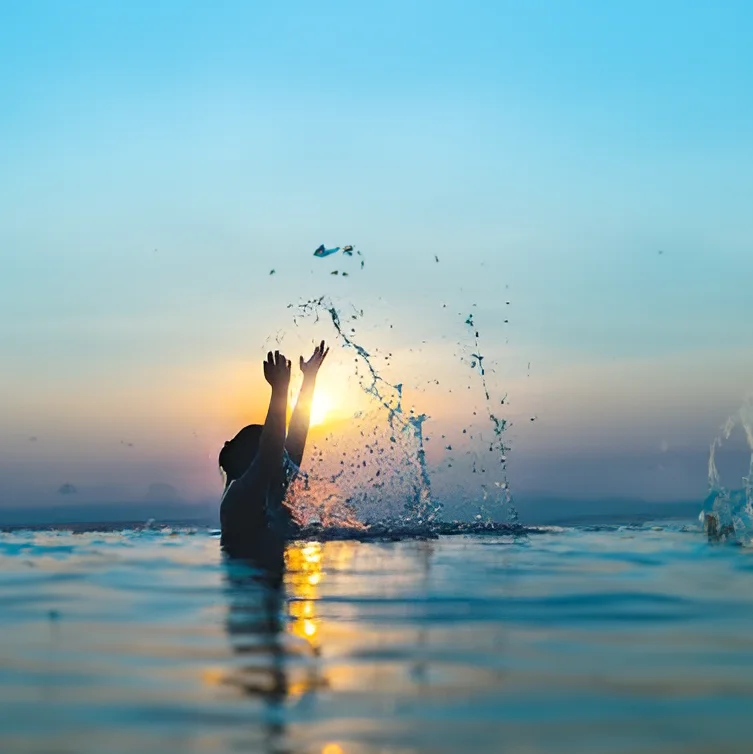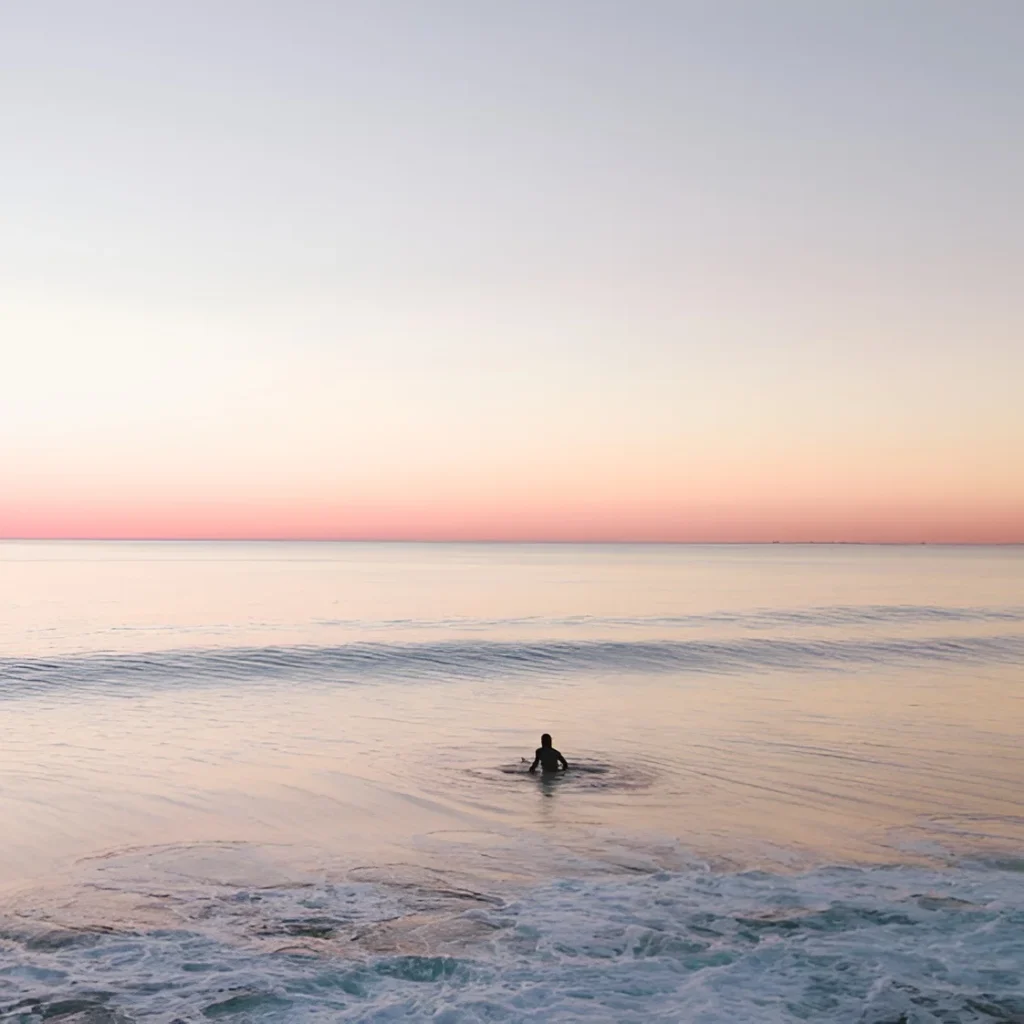Index
- The Allure and the Risks
- Understanding Shark Behavior
- Increased Risks of Nighttime Swimming
- Shark Senses and Human Vulnerability
- Human Activity and Shark Encounters
- Safety Measures to Prevent Shark Encounters
- Wrapping Up
The Allure and the Risks
There’s something undeniably magical about the idea of swimming in the ocean after the sun sets. The peaceful waves, the shimmering moonlight on the water – it all seems idyllic. However, this serene picture hides some significant dangers, particularly when it comes to shark activity. Swimming after dark can transform a delightful evening into a dangerous ordeal. Let’s dive into why this is and how you can stay safe.
Understanding Shark Behavior
Sharks are fascinating creatures with behaviors deeply influenced by their environment. Many species of sharks are nocturnal hunters, meaning they’re more active and hunt more aggressively during the night. This is because their prey is less aware and more vulnerable in the dark, making it easier for sharks to find and catch food. Species like the Great White, Bull Shark, and Tiger Shark are known to be particularly active after sunset, which significantly increases the risk of encountering them if you’re swimming at night. Shark fishing is commonly done at night because of these hunting patterns.
Increased Risks of Nighttime Swimming
Swimming in the ocean after sunset increases your risk of encountering sharks for several reasons:
- Heightened Activity: Sharks’ natural hunting instincts kick into high gear at night. This increased activity means more sharks are near the shorelines and in shallow waters where you might be swimming. Also note the risk of being caught in a rip current during these times.
- Limited Visibility: In the dark, your visibility is drastically reduced. This makes it harder for you to spot sharks and for sharks to distinguish between a human and their natural prey.
- Case Studies and Statistics: Numerous incidents and statistical analyses indicate a higher likelihood of shark attacks occurring in low light conditions. For instance, the International Shark Attack File shows a notable number of shark bites happen during dawn, dusk, and nighttime.
Shark Senses and Human Vulnerability
Sharks are equipped with incredibly sharp senses that make them formidable hunters, especially at night. Their heightened sense of smell allows them to detect blood from miles away. They can also sense electromagnetic fields produced by the movement of muscles, meaning even slight movements can draw them in. This makes nighttime swimmers particularly vulnerable, as their movements and any small injuries (like cuts or scrapes) can attract sharks more readily in the dark.

Human Activity and Shark Encounters
Human behaviors significantly impact shark activity, often increasing the risk of encounters. Common mistakes include:
- Swimming Near Fishing Areas: Sharks are often drawn to areas where fishing is prevalent due to the availability of easy prey and discarded bait.
- Wearing Shiny Jewelry: The glint of jewelry can resemble the scales of fish, attracting sharks.
- Swimming Alone: Solitary swimmers are more likely to be mistaken for prey.
- Excessive Splashing: Sharks can hear the low-frequency sounds from splashing and may investigate to see if there is a fish/prey in distress.



Safety Measures to Prevent Shark Encounters
- Swim in Groups: Sharks are less likely to approach a group of people.
- Avoid Wearing Jewelry: Shiny objects can attract sharks.
- Stay Close to Shore: The further you venture from the shore, the higher the risk.
- Avoid Water with Blood: Open wounds or menstruation can attract sharks due to their keen sense of smell.
- Avoid bright colored/ high contrast clothing: Sharks see contrast very well.
- Check Local Advisories: Always heed warnings and advisories from local authorities regarding shark sightings and unsafe conditions.
Wrapping Up
Swimming in the ocean after sunset might seem like a dream, but it comes with significant risks, particularly due to increased shark activity. By understanding shark behavior and following safety guidelines, you can make informed decisions that keep you safe. Remember, the ocean is a beautiful yet unpredictable place, and respecting its dangers is crucial for your safety.
FAQs
Sharks are nocturnal hunters. Their prey is less aware and more vulnerable at night, making it easier for sharks to hunt.
Daytime, especially late morning and early afternoon, when visibility is high and shark activity is generally lower.
Stay calm, do not thrash around, slowly and smoothly swim back to shore, and alert others once you’re safe.







